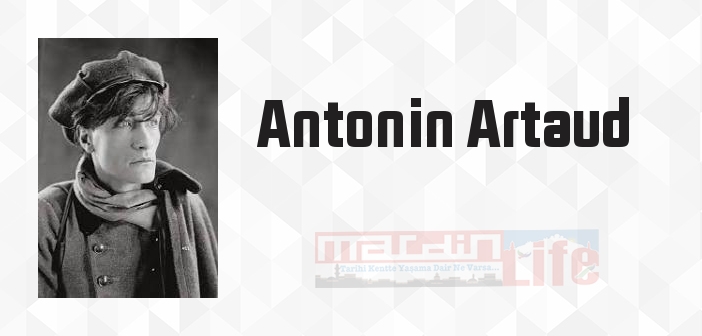
There are two sections devoted to letters, one on cruelty and the other on language. ’] ‘Un Athlétisme Affectif’ (‘An Affective Athleticism’). ’] ‘Le Théâtre de la Cruauté ( Second manifeste)’ [‘The Theatre of Cruelty ( Second Manifesto) ’) ‘Théâtre Oriental et Théâtre Occidental’ (‘Oriental and Occidental Theatre’) ‘En finir avec les chefs-d’œuvre’ (‘No More Masterpieces’) ‘Le Théâtre et la Cruauté’ (‘The Theatre and Cruelty’) ‘Le Théâtre de la Cruauté ( Premier manifeste)’ [‘The Theatre of Cruelty ( First Manifesto) ’) ‘Le Théâtre Alchimique’ (‘The Alchemical Theatre’) ‘Sur le théâtre Balinais’ (‘On the Balinese Theatre

The essays in the 1938 publication of The Theatre and Its DoubleĪre as follows: the preface, titled ‘Le Théâtre et la Culture’ (‘The Theatre and Culture’) ‘Le Théâtre et la Peste’ (‘The Theatre and the Plague’) ‘La Mise en scène et la Métaphysique’ (‘Metaphysics and the Mise en Scène The concept of heteroglossia is discussed at length in the last essay of the collection: ‘Discourse in the Novel’ (1934–35). The above definition is found in the glossary of Michael Holquist’s and Caryl Emerson’s collaborative translations of Bakhtin’s major influential essays. by Caryl Emerson and Michael Holquist (Austin: University of Texas Press, 1981), p. , The Dialogic Imagination: Four Essays, ed. Heteroglossia is as close a conceptualization as is possible of that locus where centripetal and centrifugal forces collide as such, it is that which a systematic linguistics must always suppress.’ Mikhail M. At any given time, in any given place, there will be a set of conditions-social, historical, meteorological, physiological-that will insure that a word uttered in that place and at that time will have a meaning different than it would have under any other conditions all utterances are heteroglot in that they are functions of a matrix of forces practically impossible to recoup, and therefore impossible to resolve. It is that which insures the primacy of context over text.

‘H eteroglossia-The base condition governing the operation of meaning in any utterance.


 0 kommentar(er)
0 kommentar(er)
